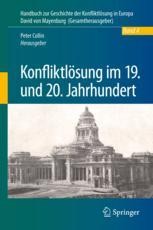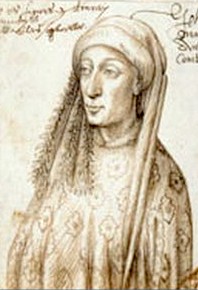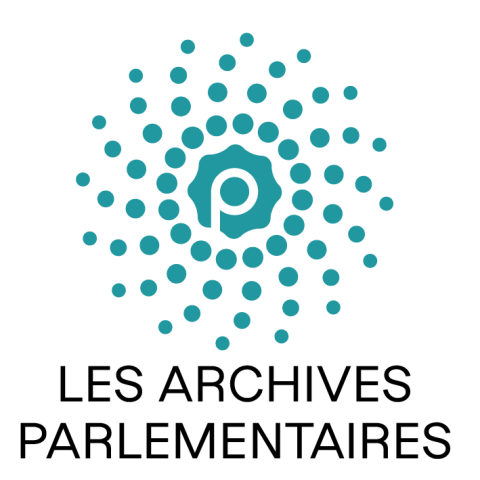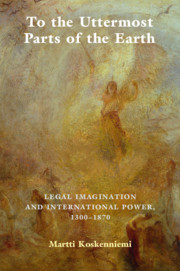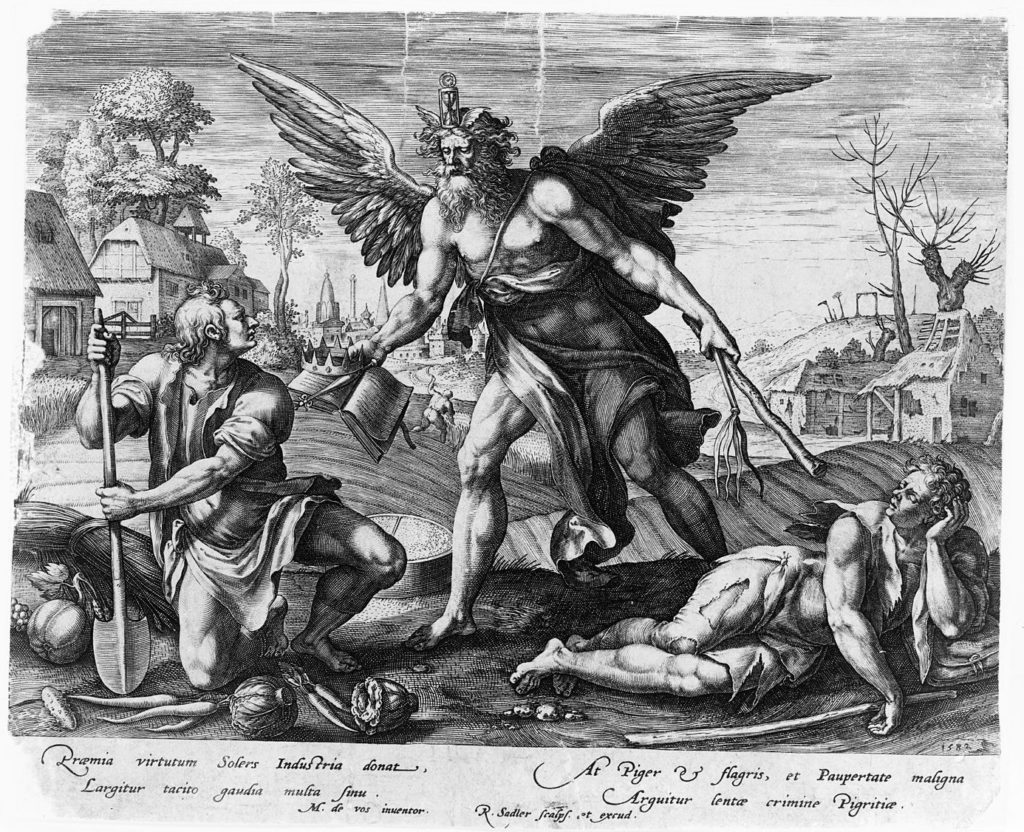
(source : Classiques garnier)
A propos de l'ouvrage :
Résumé de l'éditeur : À partir du corpus de la littérature francophone belge, ce volume s’interroge sur la façon dont ces textes, avec une spécificité belge ou non, questionnent les notions et concepts de droit et de justice, liés à l’actualité ou au passé. La démarche y présidant est interdisciplinaire et transhistorique.
Les contributeurs sont : Renata BIZEK-TATARA, Laurence BOUDART, Cristina ROBALO-CORDEIRO, Laurent DEMOULIN, Bernadette DESORBAY, Marie GIRAUD-CLAUDE-LAFONTAINE, Agnieszka KUKURYK, Anna LOBA, Atinati MAMATSASHVILI, Marc QUAGHEBEUR, Katherine RONDOU, Przemysław SZCZUR.
A propos des directeurs de l'ouvrage :
Bernard RIBEMONT est professeur de littérature médiévale à l'université d'Orléans.
Joanna TEKLIK est professeure de littérature française à l'Université Adam Mickiewicz.
Sommaire :
Bernard RIBEMONT, Joanna TEKLIK : Introduction p.7-12
Renata BIZEK-TATARA : L'affaire Dutroux selon Françoise Mallet-Joris "Sept démons dans la ville". p.13-23
Cristina ROBALO-CORDEIRO : La présence de Job dans Absent de Bagdad de Jean-Claude Pirotte. p. 39-46
Laurent DEMOULIN : La plaidoirie de l'alcoolique. "Une lecture des Inconnus dans la maison de Simenon." p. 47-64
Bernadette DESORBAY : Pour une poïétique de la justice. "L’écrivain Pierre Mertens et l’affaire Pinedo". p.65-80
Marie GIRAUD-CLAUDE-LAFONTAINE : L’enlèvement face à l’injustice. Des écrivains (in)justiciers? p.81-98
Agnieszka KUKURYK : Conscience de l’injustice en Amérique latine et de son incompatibilité avec le message évangélique. "Le rêve d’une société égalitaire selon Conrad Detrez". p.99-114
Anna LOBA : Faire justice aux animaux. "Les Petits dieux de Sandrine Willems". p.115-126
Atinati MAMATSASHVILI : Littérature de langue française de Belgique face à la question de justice pendant la Seconde Guerre mondiale. Implications éthiques et esthétiques des mesures antisémites sous l’Occupation. p.127-150
Marc QUAGHEBEUR : Henry Bauchau, une œuvre à l’aune du jugement. p.151-166
Bernard RIBEMONT : Henry Soumagne. De la réalité historique et judiciaire au roman. p. 167-192
Katherine RONDOU : Représentations du procès de Jésus dans la littérature belge francophone. p. 193-212
Przemysław SZCZUR : Le (dys)fonctionnement de la justice dans le roman policier. Un long moment de silence de Paul Colize et au-delà. p. 213-226
Joanna TEKLIK : Albert Guislain. Homme de lettres dans le Palais de justice. p. 227-242
Index nominum p. 243-246
Résumés p. 247-251
Table des matières p. 253-254



